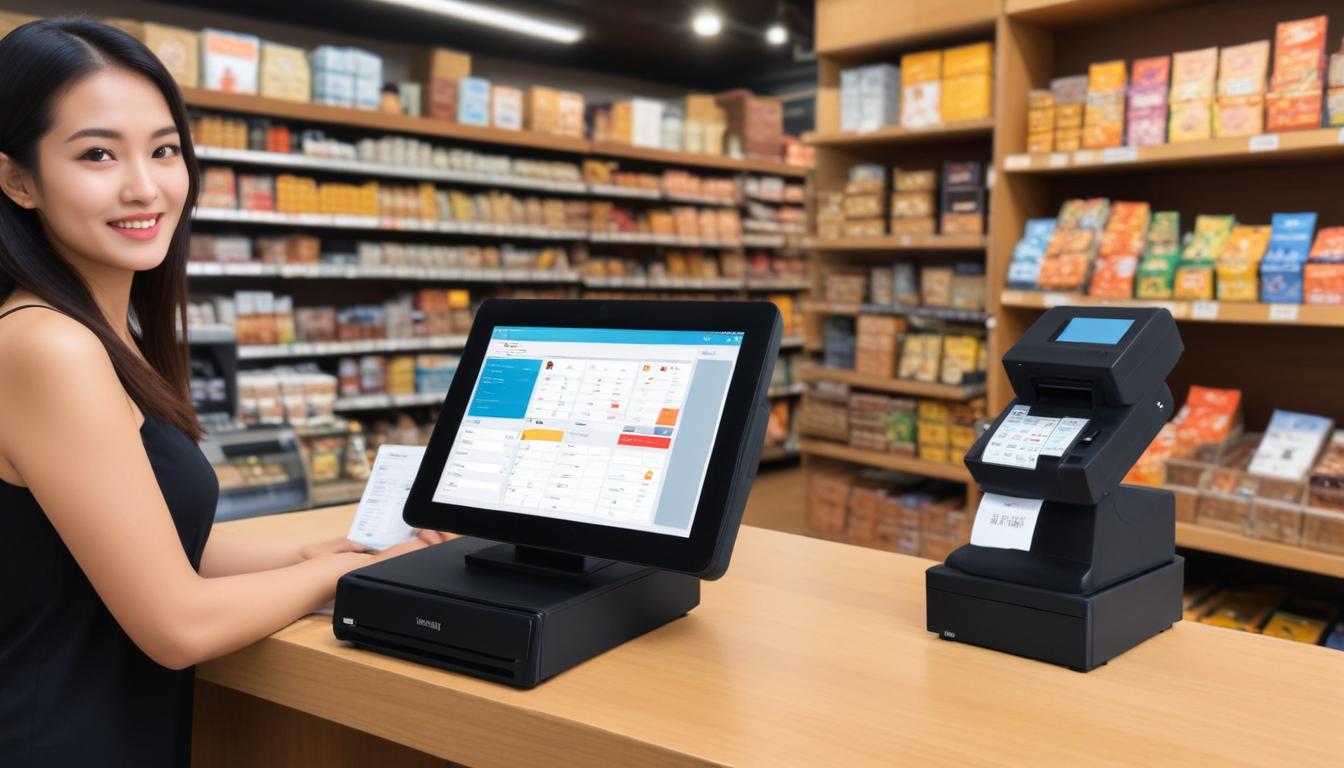The phrase Point of Sale POS was utilized for a long time to mean an unassuming cashier behind the counter. In today’s rapidly evolving business environment, Point of Sale POS has evolved to become something far more effective. It’s an intelligent, adaptive, and mission critical platform that facilitates transactions as well in the overall customer experience.

The way that consumers buy, eat, and interact with businesses has fundamentally changed. They demand speed, flexibility and individualization regardless of the business. Modern POS systems are built to do more than make sales. They also connect every aspect of a business into one integrated system.
POS Systems are Business Intelligence Hubs
The term point of sales has evolved. It’s no longer about purchasing a product and collecting data, maximizing your operations and strengthening customer relationships. Point-of-sale POS system is more than just take payments. It helps track the amount of inventory and assess employee performance. It produces actionable reports on sales as well by determining patterns of buying for various seasons or segments of customers.
Consider a small retail boutique that uses a POS system for retail. Instead of manually counting stock or guessing which styles are trending and what styles are popular, the POS system will automatically track the top sellers, provides alerts on low stock, and even suggests the reordering of items based on current trends. Cloud-based connectivity allows the proprietor to track their store’s daily performance when they are away on vacation.
Industry-specific Flexibility
Modern POS software is scalable across all vertical markets. On one side of the spectrum are restaurants that require live routing of kitchens to the restaurant, tip tracking and payments on tables. On the other hand beauty salons are dependent on appointment scheduling, customer history and the management of packages. The most effective point-of-sale POS systems cater to these needs, which are very different.
What binds these businesses is the need for simplicity on the front end and intelligent automation at the back. While a bar might prioritize tap-to-pay terminals, while a hardware store might be focused on barcode scanning and the synchronization of inventory across departments, and fast payment. A great POS point of sale system can be adapted to the needs of each customer without causing friction.
Integration of Payment Security & Processing
Security is now a requirement, not an option. Businesses that accept digital payments or cards should protect the information. Trustworthy points of sale POS systems are now bundled with payment integrations, which allow secure, end-to -end encrypted processing by using trusted names like Chase, Moneris, and First Data.
The integration is not just about security. The integration isn’t just about security. Also, it’s about speed. By implementing a unified system that combines the processing of payments and sales tracking businesses can finish their day quicker, more efficiently reconcile and avoid headaches at the end of the day.
Develop your business with it Don’t fight it.
The importance of scaling is often overlooked particularly by small businesses. A lot of businesses begin with a basic set-up, only to discover months later that they are unable to handle multiple locations, loyalty programmes or an online order. Modern POS systems are designed to scale with the company, from a sole proprietor to an established franchise.
Retailers, in particular, benefit from retail POS systems that sync in-store purchases with e-commerce platforms. This seamless connection ensures that inventory information is correct every time, customers enjoy a more enjoyable shopping experience and the owners can conserve time because they don’t have to switch between different systems.
The Smarter Sale Starts at the Point of Sale
The point of sale POS has come a long way from being just a transaction tool. It’s now an integral component of the way a company operates, learns, and grows. With a specialized efficient, secure, and reliable point of sale POS systems, businesses aren’t just improving their checkout processes but are also laying an electronic foundation for future growth.
With increasing expectations from customers, businesses can’t afford to make the POS as a last resort. In many ways, the actual heartbeat of any modern operation lives right where the sale takes place.
